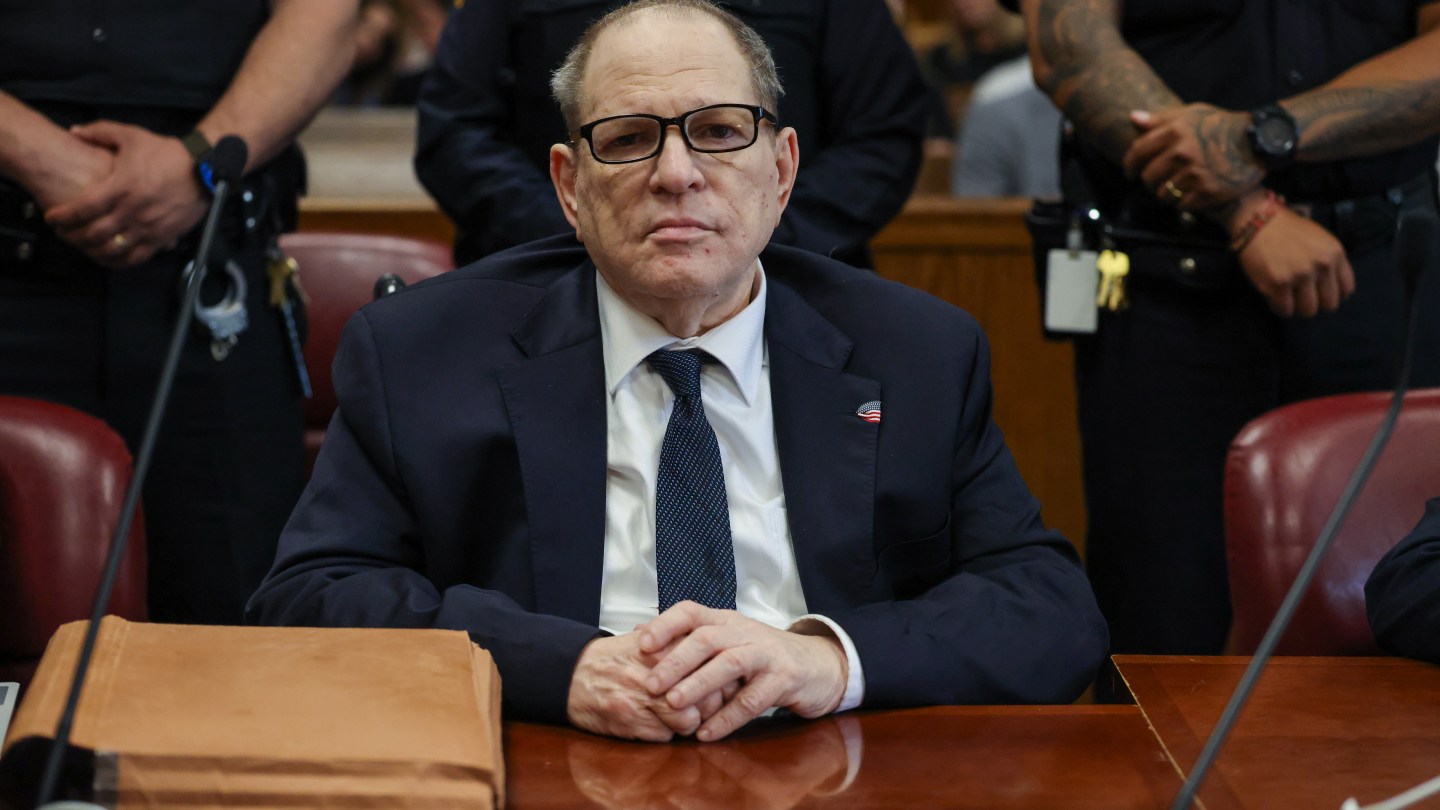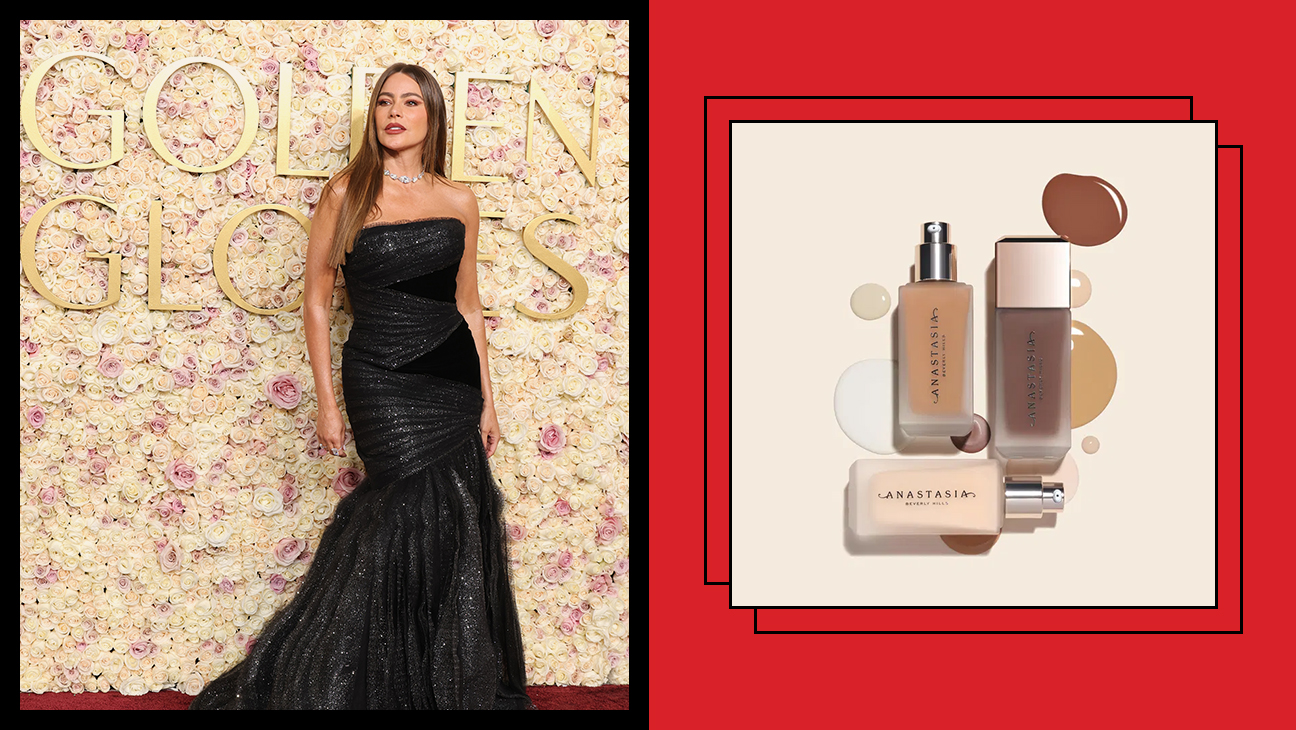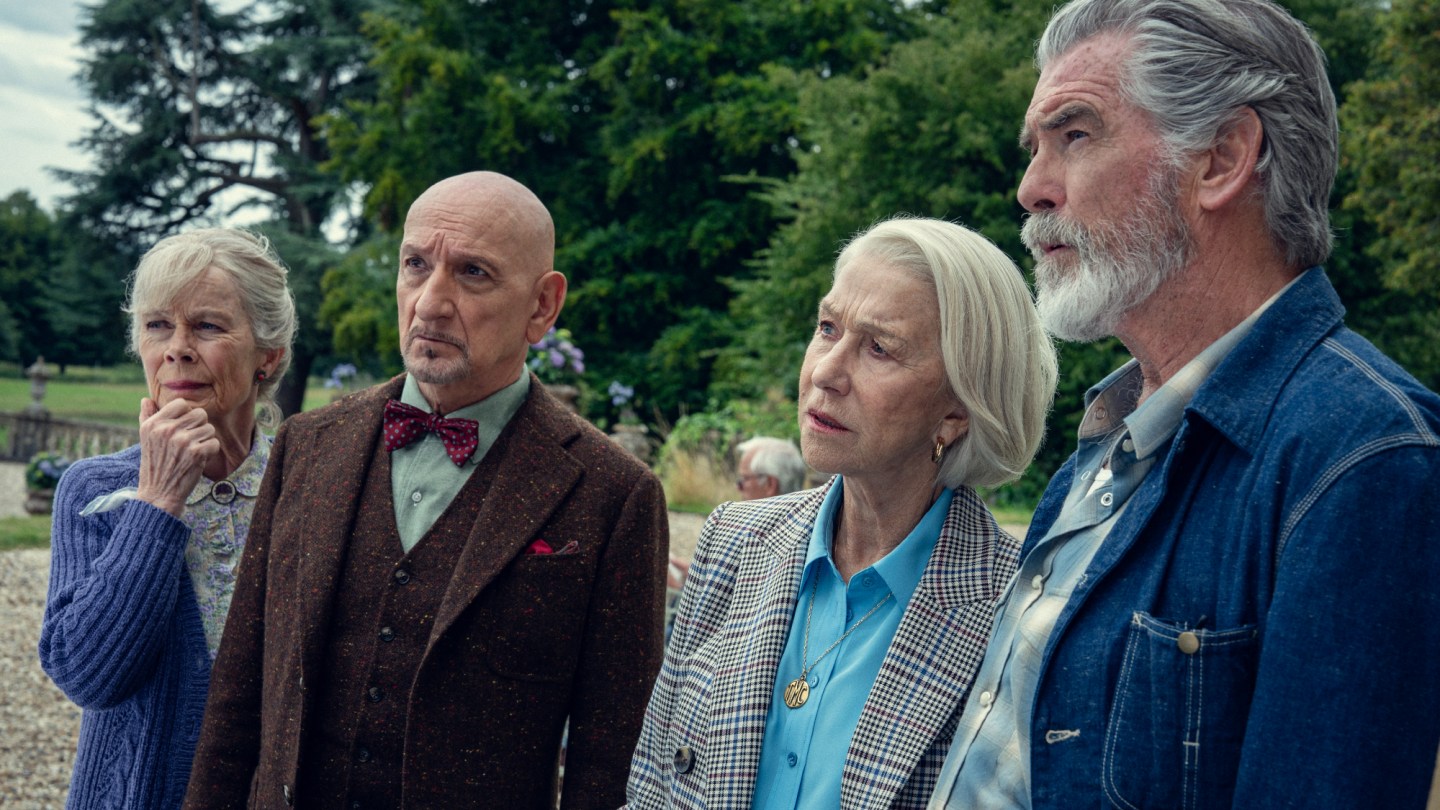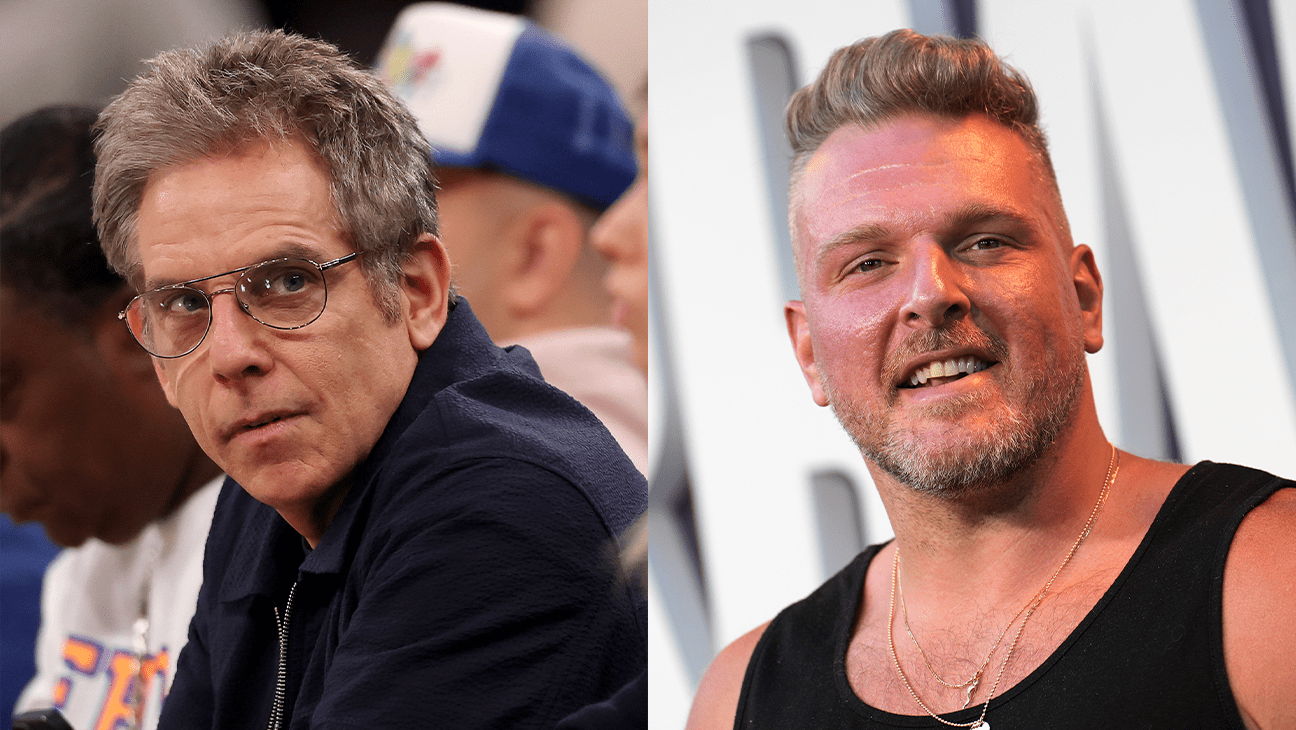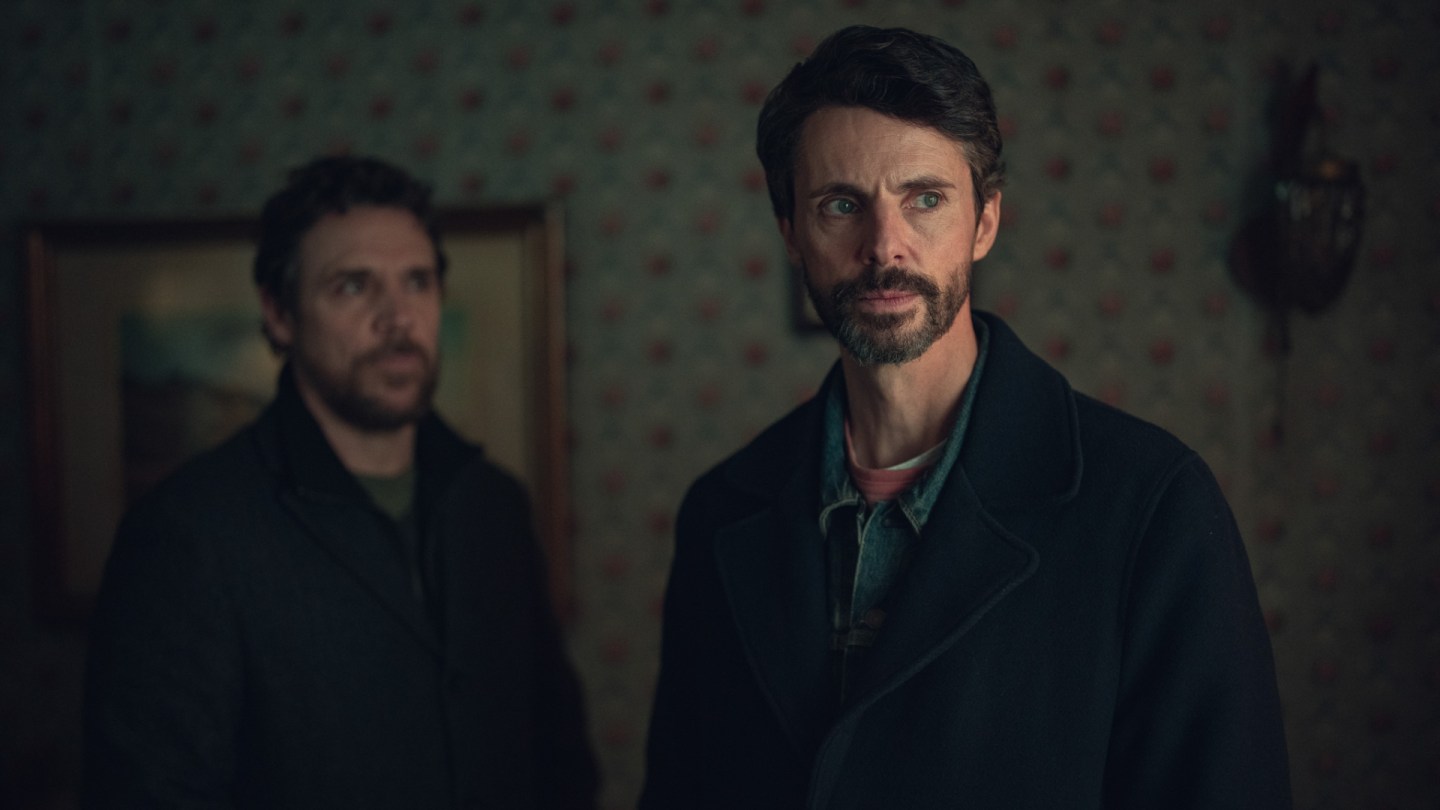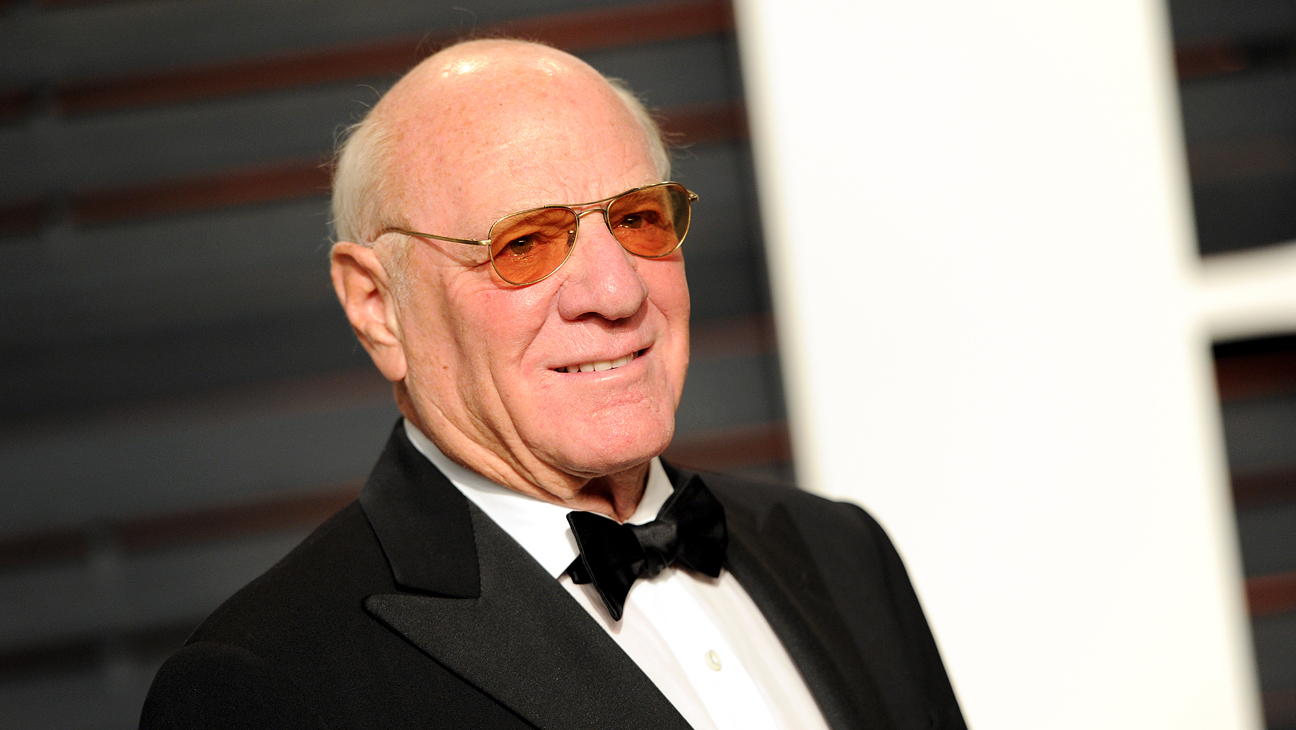
Barry Diller’s colorful, candid new memoir Who Knew is a book that can’t help but read a bit like a bookend. Not necessarily for himself, or even for his cohort, but for the era of colorful, candid memoirs authored by Hollywood heavyweights.
It’s an entertaining shelf. Paramount head Bob Evans’ The Kid Stays in the Picture is the lodestar, followed by volumes from a pair of trailblazing female producers: Julia Phillips’ You’ll Never Eat Lunch in This Town Again and Lynda Obst’s Hello, He Lied. Those at the margins of the business have told some of the most memorable stories (recall Golden Age sex broker Scotty Bowers’ Full Service), although there have been revealing accounts at or near the top from managers Bernie Brillstein and Jerry Weintraub, indie legend Christine Vachon and the super-agent Michael Ovitz.
These days, two factors are pushing the fun out of memoirs. For one, the entertainment business itself is, as has been much remarked, a far more conservative, risk-averse, vanilla place than it once was, when the personalities and tastes of its potentates defined and dictated its evolution. Reed Hastings may have conquered everything with his all-knowing algorithms and management principles, but No Rules Rules is best ingested by LLMs and MBAs, not rebels and romantics.
For another, the Hollywood memoir, previously a career capstone — allowing for say-anything vulnerability and indiscretion — is now all too often reduced to brand-burnishing extensions into self-help, typically of the creative entrepreneurship koan-providing varietal, with eyes toward further vistas. This is how Bob Iger ended up with The Ride of a Lifetime and Mark Burnett published Jump in! Even If You Don’t Know How to Swim, leveraging his rags-to-riches story to impart life lessons. Such books become the calling card for the TED Talk and the 92nd Street Y conversation. Or, at least, grist to get booked on the podcast circuit. To be fair, the genre’s shift from rollicking to restrained may also have to do with how memoirs’ factuality is now so regularly challenged. (Evans was a masterful storyteller, not a reliable narrator.)
There’s still plenty worth sharing from the most recent moments of Hollywood history. But who might even dish? It’s doubtful that the disciplined likes of Bryan Lourd, Kathleen Kennedy, Kevin Feige, Donna Langley, Bob Bakish and Sherry Redstone would ever go no-holds-barred enough to keep readers from skimming. Yet maybe they’d surprise us.
You don’t need to be a great writer to write a great Hollywood memoir. (There are ghostwriters for that.) You do require an excess of egotism, the gift of gab, a strong point of view, an interest in openness, a relish for gossip and a weakness for recklessness. It also helps to possess a baleful desire to settle scores. Agendas — if they’re charmingly or otherwise compellingly expressed — are the secret admixture for this literature’s success.
The most important qualification of all is chutzpah. A generation or two ago it was perhaps the unifying trait among the mavericks, pirates and outliers who built and battled over Hollywood. Today, it appears to be a rare and vanishing quality.
As such, it’s easy to draw up a short list of who should write a memoir, leaning into the genre’s allowances for misremembering, spinning and raconteuring. Ron Meyer, of course, along with Barbara Broccoli, Jason Blum, Ava DuVernay, John Landgraf and Miky Lee. Remember, one doesn’t need to be a likable protagonist to be a captivating one. Ari Emanuel, Ryan Murphy, Joel Silver… Scott Rudin: This can be your moment.
Regardless, get on it. Wait too long, and nobody may be left who’s willing to read it. Or even to listen to the audiobook.
Gary Baum, a senior writer at The Hollywood Reporter, will publish his debut novel In Pursuit of Beauty — about a memoirist and their ghostwriter — on July 1.
#Barry #Diller #Death #Hollywood #Memoir

